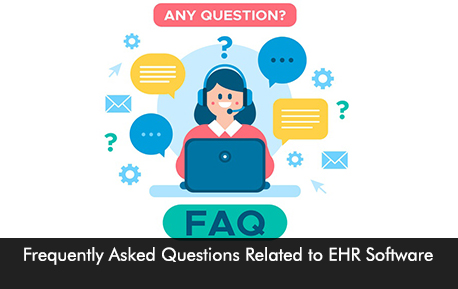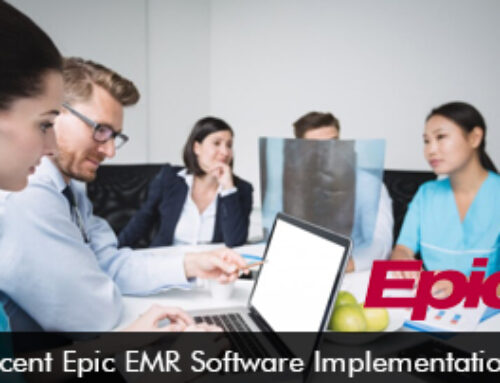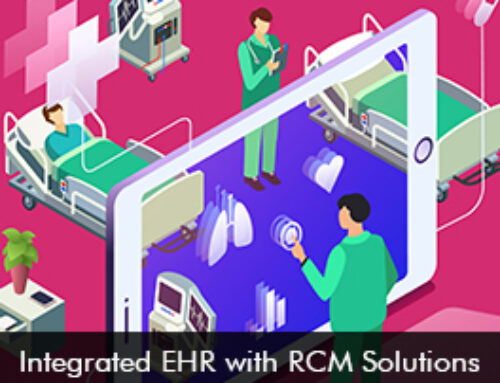Electronic Medical Records (EMR) software solutions are being used by healthcare systems in the United States to help streamline daily workflows. They allow for the creation of a digital version of a complete patients chart which can be used to manage information such as medical histories.
The questions below cover all commonly and regularly asked queries providers, potential buyers, medical staff, and health tech readers have when they think about EMR software systems.
EMR Software FAQ’s
What are the key functionalities of Electronic Health record software?
EHR software systems have a set of tools and features which offer the following functionalities for your medical practice. The robust platform provides instant and secure access to the patient’s records and information. It has tools for providers such as note creation and voice detection features that facilitate charting. The software systems also offer prescribing (e-Rx) functionality for medication and lab connectivity.
How can an EMR software system help my medical practice?
If an Electronic Medical Records Software system is used effectively then it can provide the following benefits to a medical set-up of any size. Any workflow disruptions can be avoided which can result from manual patient charts. Hospital systems can improve patient safety through alerts feature and mobility can increase with EHR enables mobile devices. All patient information can be retrieved quickly and used by clinicians at any time with a single click.
How can an EHR software system help to enhance the patient care process?
Due to automation physicians spend less time charting patients and writing prescriptions for them manually which helps them to focus on what they love to do that is caring for their patient. Through the EMR software system, healthcare providers can easily refer to previous notes and the interoperability option in your software systems allows for care coordination between different providers to further improve patient outcomes.
What criteria’s do a certified EHR software system have to meet?
It is important that the Electronic Medical Records system you select is certified which means it should meet certification standards from CMS and ONC. Certified EMR software also provides complete functionality and encryption of patient data in the form of HIPAA Compliance. A structured format to stored patient data is also offered by a certified EMR software vendor.
What is the cost of deploying an EHR software system?
EHR software investment is a big one and several studies have estimated and revealed that deploying an EMR software system may cost you between $15,000 to $70,000. However, costs may vary depending on the type of software system you select either cloud-based or on-premise software system. EHR software comprises of the following costs such as hardware, implementation fees, training, and maintenance costs. If you’re a small provider and cannot afford an EMR software solution then you are fortunate to have free EMR software and open-source EMR software vendor options in the market.
Conclusion
We hope that this article has answered all the questions you had in your mind related to EHR software systems. If you want to deploy a new software system for your practice we advise you to compare different EMR software vendors by looking at their features, ease of use, price, interoperability options, and customer support. Authentic reviews from buyers are also helpful and can provide you a picture inside as to how the software system is actually working.






